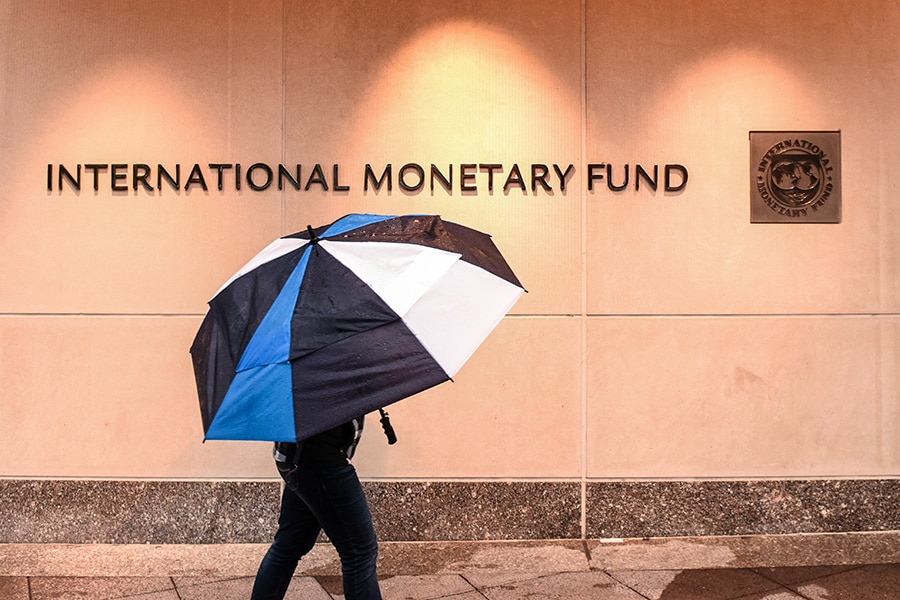
IMF predicts deeper global downturn even as economies reopen
The IMF cautioned that its forecast was more uncertain than usual because the trajectory of the pandemic remained hard to predict. Even in countries where infection rates are declining, major obstacles such as the hindrance to travel, mobility and consumption persist
 Image: Shutterstock
Image: Shutterstock
WASHINGTON — The International Monetary Fund warned Wednesday that the global economy faces an even deeper downturn than it previously projected as the coronavirus pandemic continues to sow uncertainty and businesses around the world struggle to operate amid the virus.
The forecast underscores the scale of the task that policymakers are facing as they try to dig out from what the IMF has described as the most severe economic contraction since the Great Depression. Even as countries begin reopening their economies, it is increasingly evident that the recovery will be uneven and protracted as cases continue to surge and consumers remain wary of resuming normal activity.
More than 35,000 new coronavirus cases were identified across the United States on Tuesday, according to a New York Times database, the highest single-day total since late April and the third-highest total of any day of the pandemic. Other countries are also experiencing surges in new cases, complicating plans to reopen the global economy.
In an update to its World Economic Outlook, the IMF said it expected the global economy to shrink 4.9% this year — a sharper contraction than the 3% it predicted in April.
The fund noted that, even as businesses began to reopen, voluntary social distancing and enhanced workplace safety standards were weighing on economic activity. Moreover, the “scarring” of the labor force from mass job cuts and business closures means that the world economy will recover much more slowly, with the IMF projecting 5.4% global growth in 2021, far below its pre-pandemic projections.
©2019 New York Times News Service




